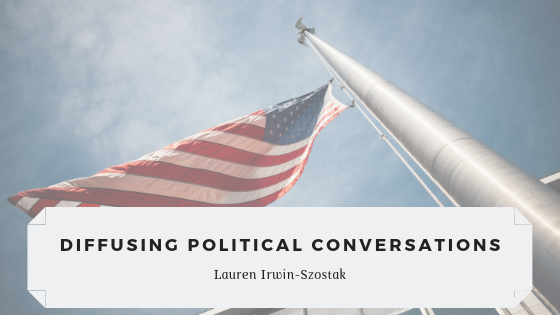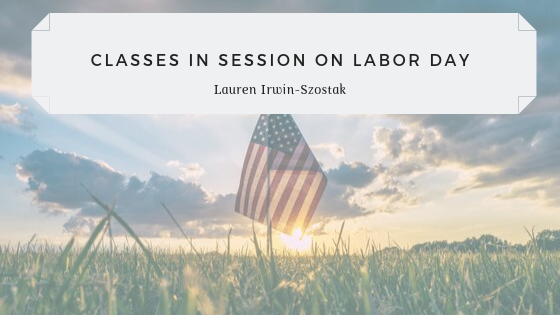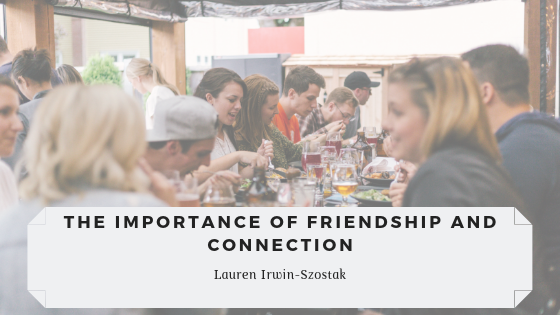Everyone has experienced a social situation in which the conversation took an awkward, perhaps even ugly, turn. Around the dinner table and in civil society, few topics draw as much ire as politics. Avoiding that topic can be tricky and fraught with snares and pitfalls, particularly when one party believes the other will validate his views. In today’s supercharged political atmosphere, one can easily stumble into an unwanted debate.
People hope to avoid political conversations for many reasons. We care about our relationships with others, so why risk stirring up discord by discussing politics? Social norms require us to respect others’ opinions and their right to express views different than ours. But, however hard we try, political conversations are occasionally unavoidable, so how can we handle them without harming our relationships? International etiquette expert and founder of Protocol & Etiquette Worldwide, Sharon Schweitzer, offers a few ways to handle such perilous conversations politely.
First, Schweitzer advises us to remember that political statements don’t require responses. Refrain from opining on political issues when others bring them up. To be sure, carrying a conversation can be challenging without engaging in topics raised. But deflecting the conversation to less controversial subjects is preferable to getting sucked into an unwanted debate.
When you’re directly invited to opine on a political remark, Schweitzer suggests saying something like, “In the midst of such a contentious political season, I feel it’s best to keep my opinion to myself. I do appreciate your interest and wish you the best in your political decisions.” Such a demurrer politely acknowledges the person’s interest in your opinion while enabling you to withhold your political stance and short-circuit the topic. Even socially inept communicators should understand that the topic should be avoided and the discussion redirected.
In that regard, Schweitzer also recommends trying to change or transition the conversation to other subjects. An abundance of non-political topics is always ripe for conversation. Talk about family, pets or vacation plans. Bring up a new recipe, a good book, or a new movie. Maintaining a variety of discussion topics in your mind will enable you to avoid topics you’d rather not discuss.
Schweitzer notes that it normally helps to assume the other person doesn’t realize they’ve raised an uncomfortable or awkward topic. He adds, however, that some individuals require a less subtle approach. In such situations, you should remain polite but be straight forward. For example, you could say, “This conversation is making me uncomfortable. Could we change the topic?” To facilitate the transition, you could follow-up by asking about something important to the other person.
If all else fails, Schweitzer advises, you need to know when to walk away. If doing so in the moment seems abrupt or rude, you could “agree to disagree” and say that you must attend to something else. Sometimes, you simply need to remove yourself from the situation.
As the political climate heats up, remember to prioritize your relationships ahead of your opinions. Political disagreements between friends can irrevocably harm the friendship, so avoid those pitfalls whenever possible. And when you can’t change the subject, politely extract yourself from the conversation. Doing so will save you a great deal of stress, as well as your relationship.






